Businesses across multiple industries, including some of the world’s largest conglomerates, are feeling the pinch of escalating tensions and trade war brought on by U.S. President Donald Trump.
Many are increasing prices, cutting financial guidance and warning of growing uncertainty as trade friction pushes up costs, upends supply chains and stirs concerns about the global economy.
Earnings releases earlier this week showed that corporations around the world ran into a wall of uncertainty in the first quarter, as executives found themselves navigating the Trump administration’s constantly shifting stance on trade.
Comments from the biggest packaged food, drinks and consumer goods companies also underscored worries among businesses and investors that Trump’s tariffs and his attacks on Federal Reserve (Fed) Chair Jerome Powell will hurt confidence on Main Street.
“We will have to pull every lever we have in our arsenal to mitigate the impact of tariffs within our cost structure and P&L,” Procter & Gamble CFO Andre Schulten said on a media call after the Pampers maker announced plans to hike prices to cover the impact of extra costs from the sweeping tariff war.
Nestle CEO Laurent Freixe and Dove soap maker Unilever also flagged weakening U.S. consumer confidence.
While most of the tariffs have been paused for 90 days until July 8, a 10% universal rate and duties on aluminum, steel and car imports remain in place, as do eye-popping levies on goods imported from China, to which Beijing has responded in kind.
With the first-quarter earnings season entering its second busy week, companies were counting the costs of the chaos and setting out how they plan to stem the fallout.
Lack of guidance
P&G, soda and snacks giant PepsiCo and medical equipment maker Thermo Fisher Scientific became the latest companies to cut annual profit forecasts, citing trade turmoil. American Airlines withdrew its 2025 financial guidance, mirroring its peers.
Thermo Fisher also warned of the impact of the Trump administration’s proposed cuts to academic research funding.
P&G’s Schulten said pricing and cost cuts were its main means of weathering the storm as changing its raw materials sourcing from China would be difficult in the short term due to a lack of alternatives.
Almost 30 companies around the globe have either withdrawn or cut their forecasts in the past two weeks, a Reuters analysis shows.
Earlier on Thursday, Hyundai Motor said it had launched a task force to handle its response to the tariffs and moved production of some Tucson crossover vehicles from Mexico to the United States.
“We expect a challenging business outlook to continue due to intensifying trade wars and other various unpredictable macroeconomic factors,” the automaker said.
The company is also considering whether to move production of some U.S.-bound cars from South Korea to other locations, it said as it reaffirmed its annual earnings targets.
Hyundai and affiliate Kia, which together are the world’s third-biggest automaking group by sales, generate about one-third of their global sales from the U.S. market and imports account for roughly two-thirds of their U.S. car sales.
Chinese e-commerce giant JD.com said nearly 3,000 firms have already made enquiries about its 200 billion yuan ($27.35 billion) fund, announced on April 11, to help exporters sell their products domestically over the next year.
Consumer sentiment
Adding to worries about economic weakness, the German government cut its 2025 growth forecast on Thursday and now sees stagnation instead of a 0.3% expansion as uncertainty from global trade disputes hobbles growth and dampens investment.
And in another sign of ebbing consumer confidence, Essity’s CEO Magnus Groth told Reuters the Swedish tissue maker had seen a drop in demand for hygiene products from hotels and restaurants in North America because people are eating out less and may not be travelling.
That echoed a warning from Chipotle Mexican Grill late on Wednesday that Americans are spending less on dining out due to elevated economic uncertainty, prompting the food chain to cut its sales outlook.
Telecoms equipment maker Nokia flagged a short-term disruption from U.S. tariffs, while Dassault Systemes, which sells software to automakers, airplane manufacturers and defence companies, cut its forecast profit margin due to tariff-related market volatility, knocking its shares.
Nestle and Unilever delivered better-than-expected quarterly sales, but they and their big-brand rivals are easing U.S. price increases to avoid losing American shoppers to retailers’ less expensive private-label brands.
That may help soothe concerns that tariffs will fuel a spike in inflation and slow the U.S. economy, although other companies, including Ray-Ban maker EssilorLuxottica, LG Electronics and Interparfums have said they are hiking U.S. prices or may do so.
“As we look ahead, we expect more volatility and uncertainty, particularly related to global trade developments, which we expect will increase our supply chain costs,” PepsiCo Chairman and CEO Ramon Laguarta said on Thursday.
“At the same time, consumer conditions in many markets remain subdued and similarly have an uncertain outlook.”

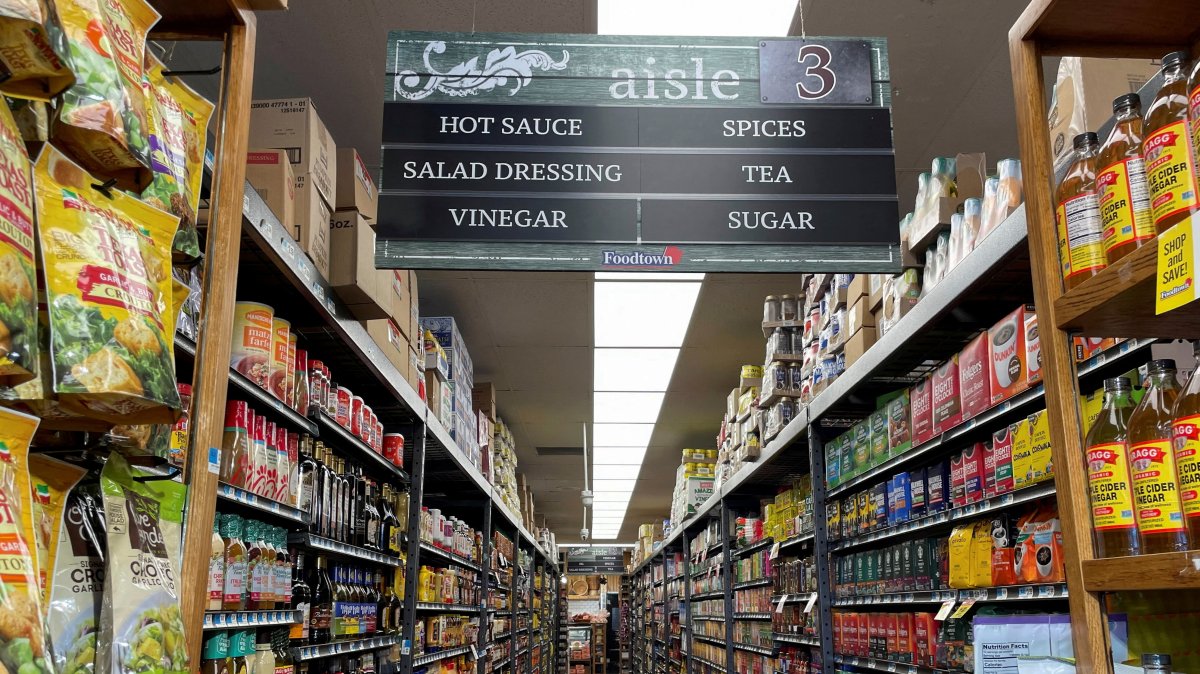
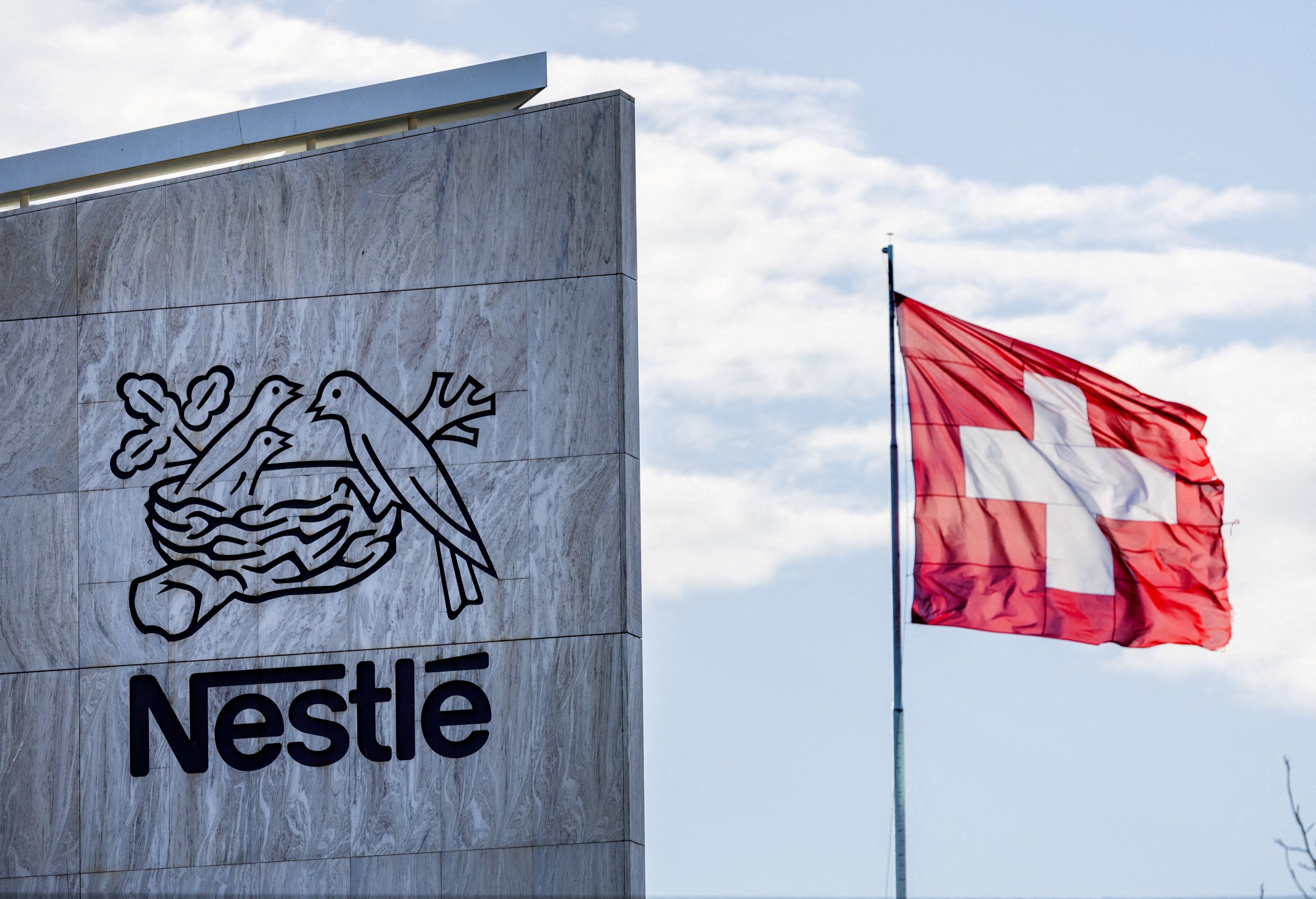
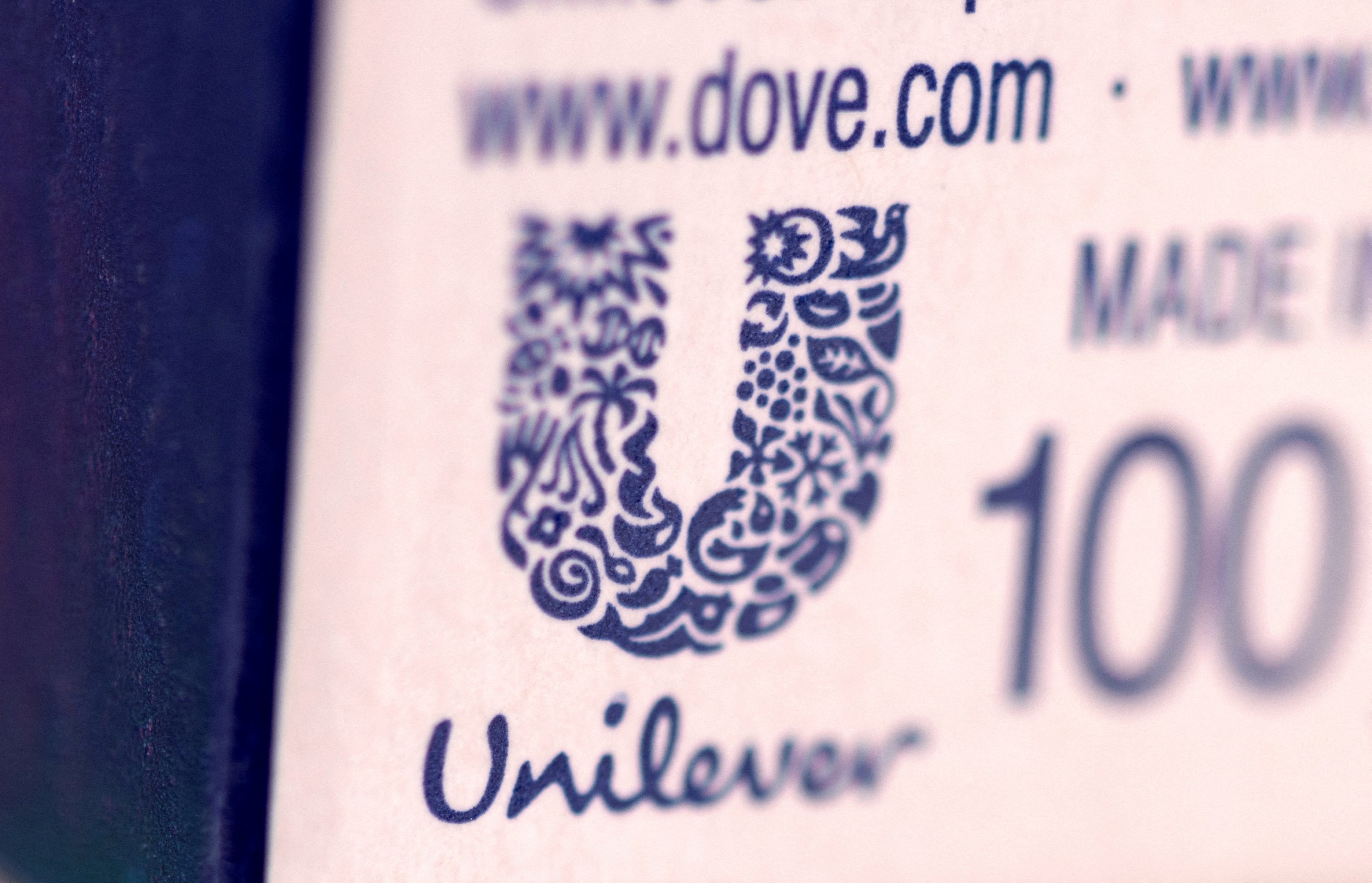
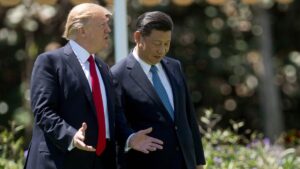
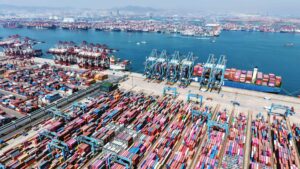
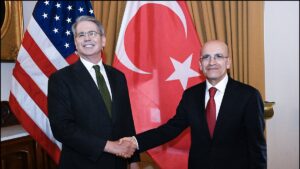
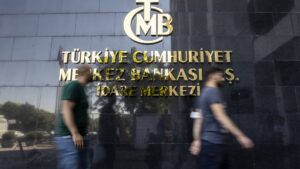


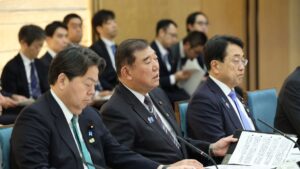

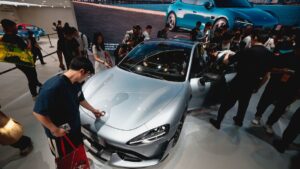
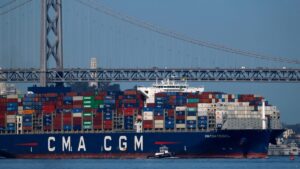

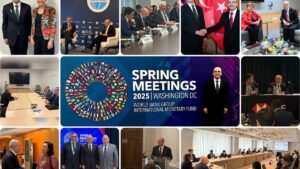

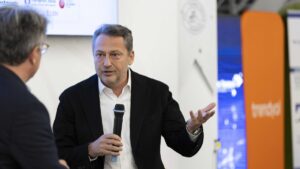


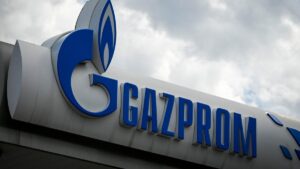
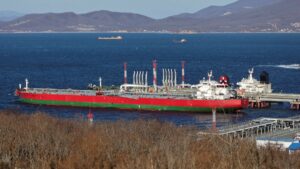

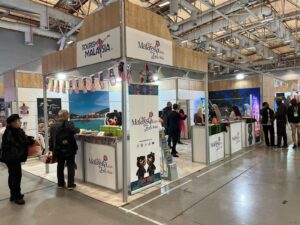





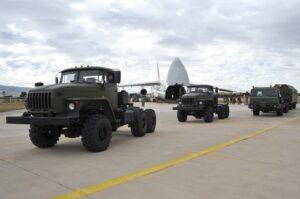
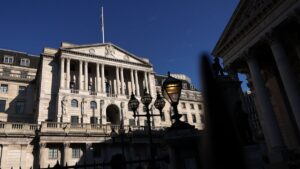
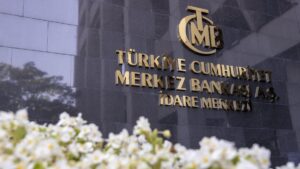
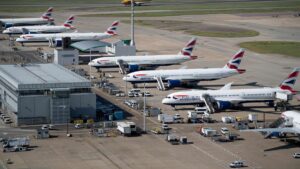
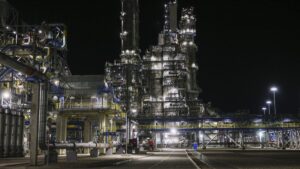
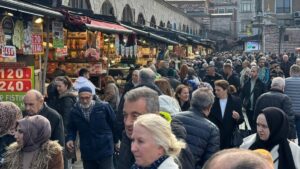
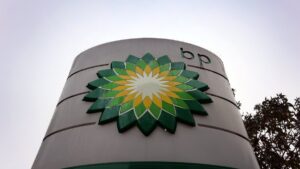
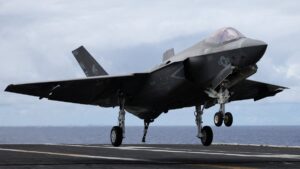
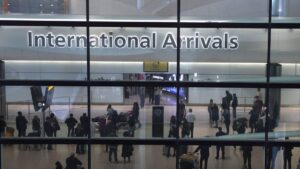
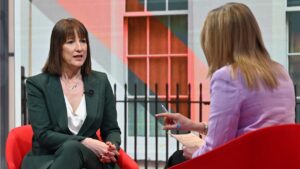
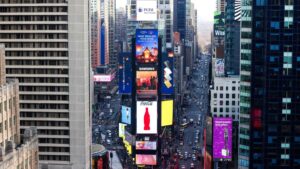
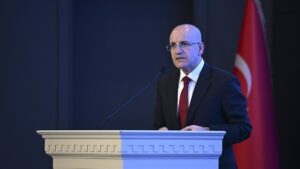

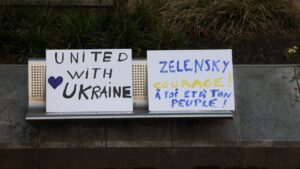



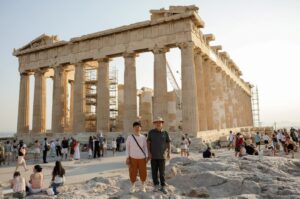

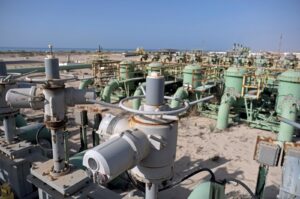
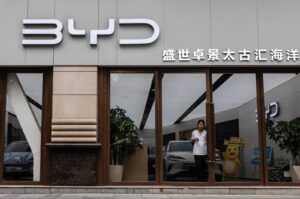
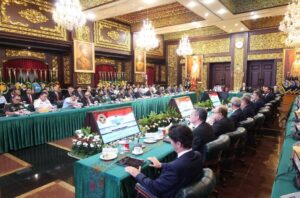
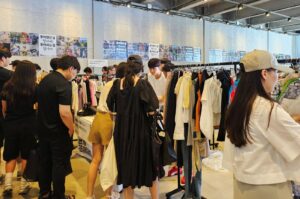
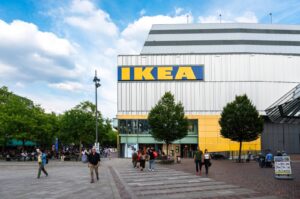
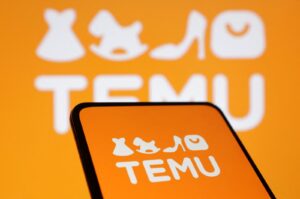
Be First to Comment